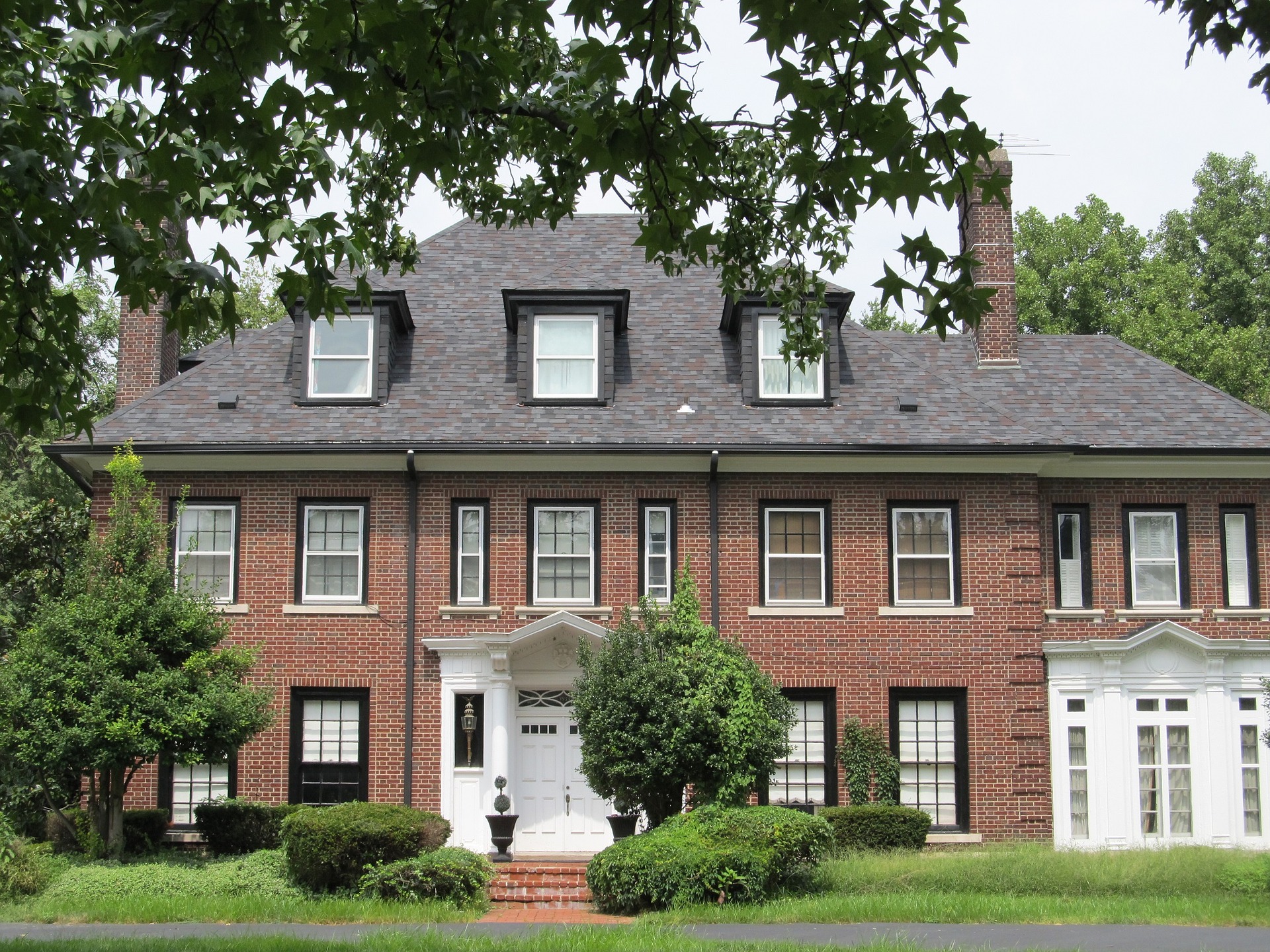
07 May My ex-wife died. Do I have rights to her house?
Photo: pixabay.comQ. I got divorced in 2005. My ex wife just passed away. She had no kids, her parents are gone and she had no brothers and sisters. Who gets her house?
— Hoping for something
A. The answer to your question is completely dependent on whether or not your ex-wife had a last will and testament.
And unfortunately for you, unless your ex-wife had a will that she executed after your divorce that left the residence to you, the home is going to someone else.
If your ex-wife had a will, then the determination of inheritance of the residence would be based on the terms of the will, said Gary Botwinick, an estate planning attorney and chair of the wills, trusts and estates group at Einhorn, Barbarito, Frost & Botwinick in Denville.
He offered these examples: If your ex left the house to her best friend from high school, then that is who would inherit the house. If your ex-wife had a will that left the house to you, but the will was executed before the divorce, then you would not be entitled to that inheritance.
“New Jersey law provides that any inheritance rights to which a former spouse would be entitled pursuant to a will executed before the divorce are lost upon the divorce,” Botwinick said. “In effect, the will would be read as if you had died before your ex-wife.”
The house would belong to whomever was the next in line to receive it under the will, unless that individual was a relative of yours, in which case, they, too, would be deemed to have died before your ex-wife due to the subsequent divorce, he said.
Botwinick said if there is no will, or if there was a will executed before the divorce leaving the house to you — and if there is no successor beneficiary under that will — then the rights to the home would be based upon New Jersey’s intestate statute, he said.
An individual is determined to have died “intestate” if that individual dies without a will.
New Jersey has a very complex formula to determine inheritance rights in the event of intestacy, Botwinick said.
“Under the intestacy laws, there is a division of the estate among family members based upon a hierarchy,” he said. “Generally, the hierarchy provides for spouses first, then children, then parents and then siblings.”
If there are no grandparents, there could be nieces and nephews of deceased siblings. But if there are none, then the next in line would be aunts and uncles, he said.
“If none of them are living, then first cousins would come next,” he said. “Otherwise, the final group of inheritors are more remote descendants of your ex-wife’s grandparents — thus, first cousins once or twice removed,” Botwinick said. “If none of them exist, then finally, stepchildren.”
If none of those people survived your ex-wife, then the property would escheat to the State of New Jersey, he said.
“Unfortunately for you, there is no provision in New Jersey law for inheritance by a former spouse,” he said.
Email your questions to Ask@NJMoneyHelp.com.
This story was originally published on May 7, 2020.
NJMoneyHelp.com presents certain general financial planning principles and advice, but should never be viewed as a substitute for obtaining advice from a personal professional advisor who understands your unique individual circumstances.

